Dolly Alderton is known for documenting the highs and lows of our twenties, including the love, heartbreak, friendship, and all the cringe-worthy moments in between that many of us encounter during this period. Both her best-selling memoir, "Everything I Know About Love", which has since been turned into a BBC TV series [1] and her fictional novel, "Ghosts [2]", follow the trials and tribulations of millennial life, written with warmth and humour.
And now, Alderton is back with another relatable book, titled "Dear Dolly [3]" (£16.99). Made up of a collection of some of the most memorable questions from her Sunday Times Style advice column of the same name, the pages are filled with guidance that is both hilarious and heartfelt in equal measure. In typical Alderton style, she expertly uses her own experiences to help others navigate tricky situations, with the book offering a little help to get you through milestones as well as daily life.
And there are a number of life lessons that particularly resonated with me. From how to get over an ex to travelling through the maze of adult friendships, here are eight relatable nuggets of wisdom I have took from "Dear Dolly".
"Dear Dolly" by Dolly Alderton is published by Fig Tree and is out now.
Double Dates Are Not a Good Idea
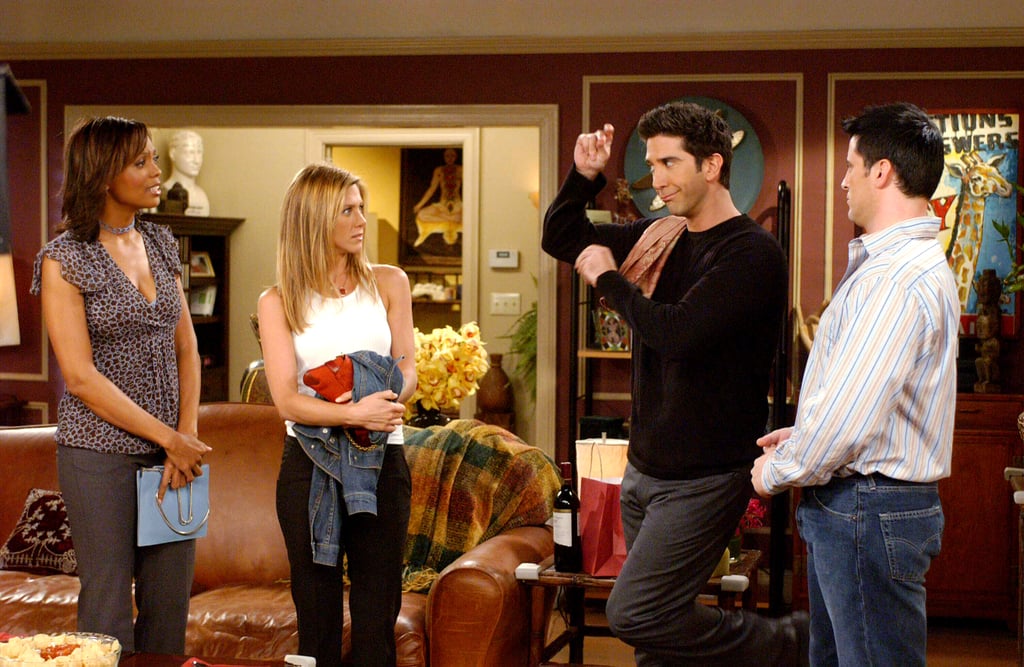
If you've spent a significant portion of your adult life single, like I have, you will no doubt have considered everything from dating apps to blind dates set up by a colleague or family member. While I'm all for putting myself out there, I have come to realise that double dates are not one of those occasions, predominantly because of the inevitable boundary-crossing dynamic.
Alderton identifies three key areas of double dating danger:
Win Over Your Partner’s Parents by Asking Their Advice
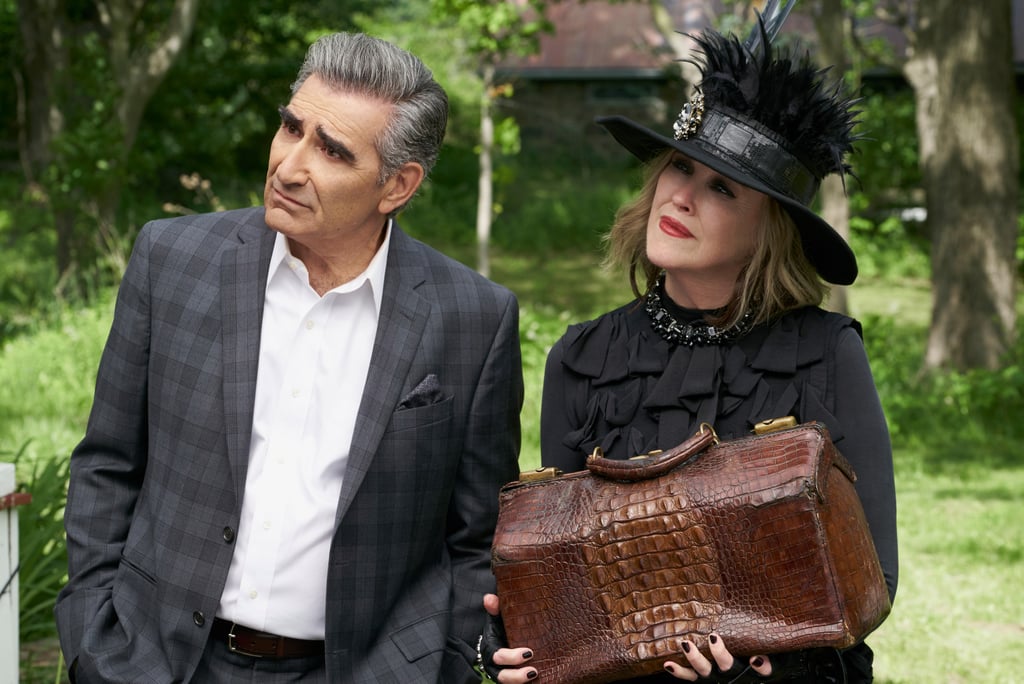
You might not think of it this way as you nervously prepare to meet your partner's parents [4], whether that is at their familial home or somewhere more neutral like a restaurant, but you are actually the one with the upper hand, according to Alderton. And now that I've reframed this often tricky social situation that way, it's definitely changed my thoughts on the matter.
Sensitivity, diplomacy, and patience is key, rather than attempting to bulldoze your way in. Your partner has chosen to share their life with you so Alderton says its time to show the parents why, rather than simply stating it. She recommends subtly approaching them for their advice on something like a future birthday gift for your partner or what homeware to buy. Or something as simple as asking for the recipe after you've enjoyed a meal that they cooked.
Adapt to Friendships, Rather Than Ending Them

Maintaining friendships [5] as an adult is often easier said than done. From conflicting schedules to distance, both of the physical and figurative nature, it's no surprise that our friendships change and develop as we get older. You may go from seeing your friend practically every single day at school, university, or work, to slowly drifting apart. However, it is only natural that we grow as we go through life and this applies to your friends, too.
In the past, I have completely severed friendships when our lives have no longer aligned, but Alderton makes a case for adapting to the changing dynamic rather than totally ending a friendship. "History alone can't hold a friendship together, but it does become something you value more and more as you get older," writes Alderton.
Block Your Ex on Social Media

Let's be honest, even though we may feel like the only person who has ever lingered on their exes Instagram page, while attempting to stay hypervigilant so as not to accidentally double tap any of their posts, it's something we've all done. It's just too tempting to not check up on their social media presence, right? This is why Alderton's simple solution is necessary: block them.
Breaking the habit of endlessly checking their social media feeds can be such a freeing experience. I mean, what are we even hoping to see on there anyway? That they can't live without us? That we're doing better than them post-breakup? And that's without taking into consideration the fact that we only tend to show the highlights and high points of our lives on social media.
"In the majority of cases blocking isn't a weapon used to make people feel bad, it's an armour to guard oneself," Alderton writes. We couldn't have put it better ourselves.
Talk to Your Friends About Money
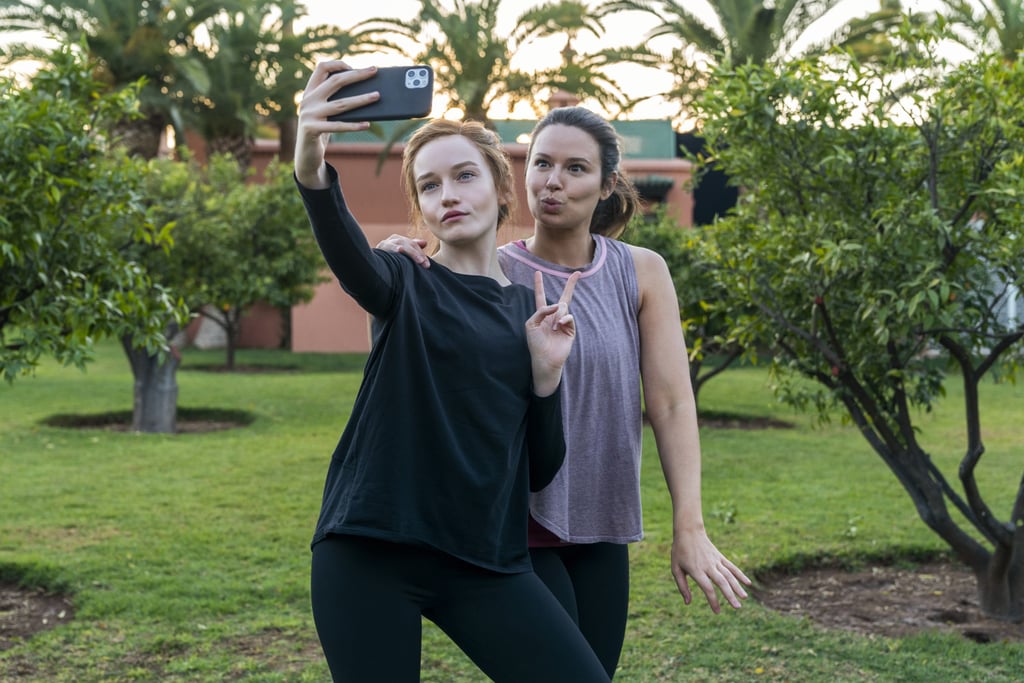
A particularly timely lesson given the current cost of living crisis [6], but we all know how uncomfortable it can be to talk to our friends about money, especially if they have significantly more disposable income than we do.
If you're tallying up the cost of individual dough balls at a restaurant while others are throwing down money without worrying about it, as Alderton describes in a real-life anecdote, it can feel supremely awkward. Instead, it's important to be clear about which activities are doable for everyone in the group. Alderton explains, "what's important is that they realise that the people are what make an evening or holiday memorable, not the price of it." Suggesting low-cost ways of hanging out makes the whole experience a lot more enjoyable.
Being Friends With an Ex Does You No Favours
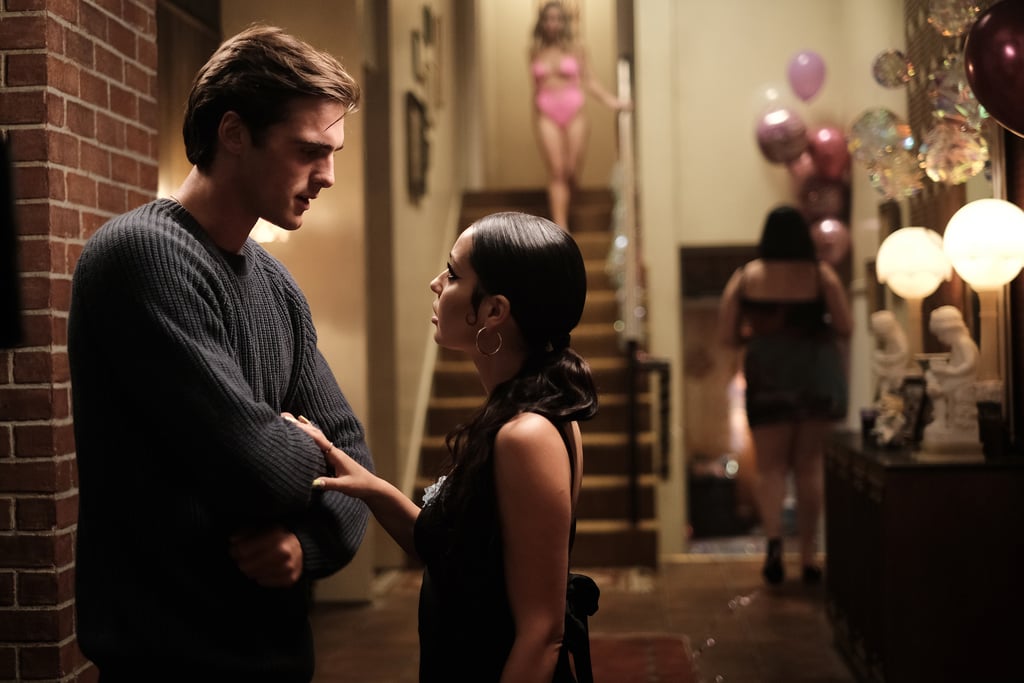
If you've just got out of a relationship, whether that be something long term or a shorter situationship [7], there can be circumstances where staying friends with your ex seems like a good, even mature, choice. But really, is it ever a good idea? Whether it hinders you being able to move on or raises awkward questions from a future partner, what does it really serve you?
While it may seem incredibly adult to be friends with an ex, "the fact is: he wasn't your best friend for the past seven years, he was your boyfriend. So once you strip him of that job title and its requirements, once you are no longer the person he wakes up and goes to sleep with, your relationship is going to be less intense. It has to be," Alderton confirms. "And you will be the most important person in someone's life again - you'll be each other's ally, teammate and other half. But you're not going to be able to experience or commit to it if your ex is still the most important person in your life."
Character Is More Robust Than Appearance
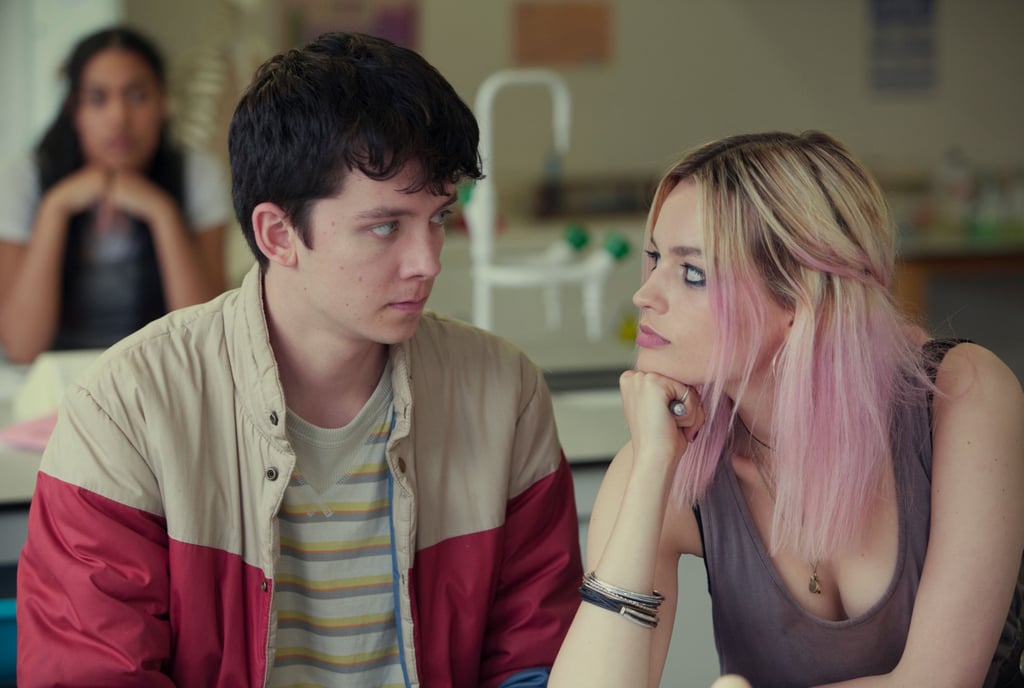
My relationship with my appearance and self-esteem has been one which has evolved significantly over the years. But even now there are still days when I wish I was a bit slimmer, or had flawless skin, or hair that doesn't frizz the moment that I step outside. From obsessing over what I saw in the mirror in my early teens, to learning to embrace myself and the way in which my body will inevitably change over the years is a journey, one that many of us can relate to. But Alderton brilliantly switches the narrative from focussing on what we see on the outside to celebrating the actions, no matter how small they might be, that make up our character.
These include, "being helpful to strangers when no one is there to see. Leaving relationships when they no longer make you happy. Campaigning for a cause you care about. Being able to laugh at yourself. Developing a work ethic that you can be proud of. Keeping yourself safe and healthy. Ambition. Curiosity. Knowing what you like in sex. Knowing how to change a light bulb, fuse or tyre. Saving spiders instead of swatting them. Any of these things will help. These very small, very unexciting steps are what build a sense of integrity and self-respect. They help make the mirror reflection feel a little less important. And the best part is, character is far more robust than appearance," says Dolly.
Just this week I personally released a spider back out into the world instead of shrieking and jabbing it with a piece of kitchen roll. Baby steps. Instead of focusing on what I am not, I am now going to focus more on what I am and what I have achieved each day.
We All Have Our Own Timelines
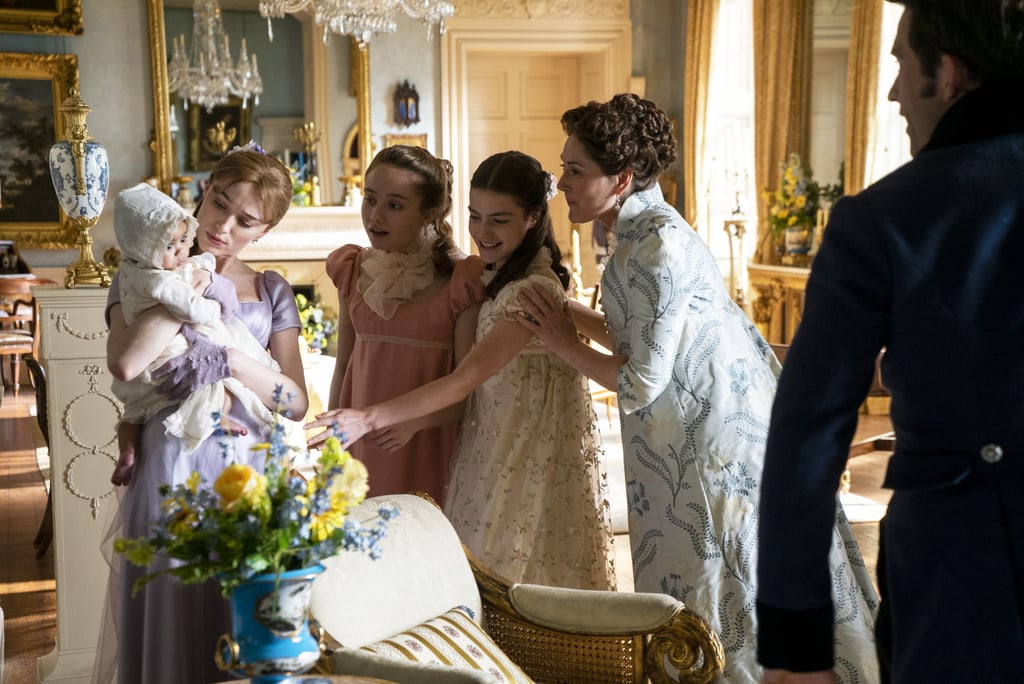
Every woman gets to a certain age where they start to seriously think about about whether they'd like to have children or not, either soon or in the future. Whether this via sex or through alternatives like adoption or freezing eggs, motherhood or the decision not to have children is a choice that some of us feel slipping away from us as we get older. And a lot of the time this internal quandary coincides with the exact moment when many of our friends start having babies.
Just because something hasn't happened for you should not equate to you feeling resentful to others who have had or are expecting children. Instead, continue to support and love them, even if they have what you so desperately want. I would compare it to the way that I don't feel jealous or resentful when my friend treated herself to a beautiful new handbag that I could never possibly afford, or when a friend moved into their first home, while I was still living with my parents. We all have our own timelines and priorities and supporting one another while we attempt to accomplish them is vital.